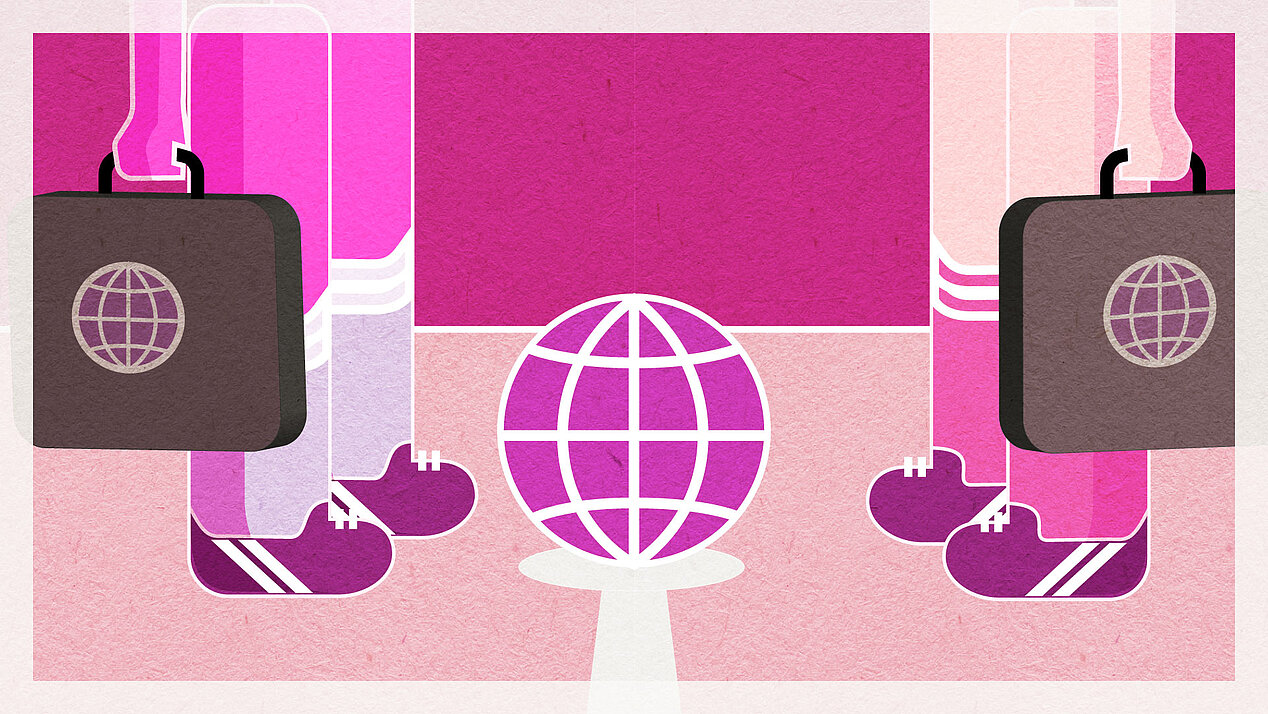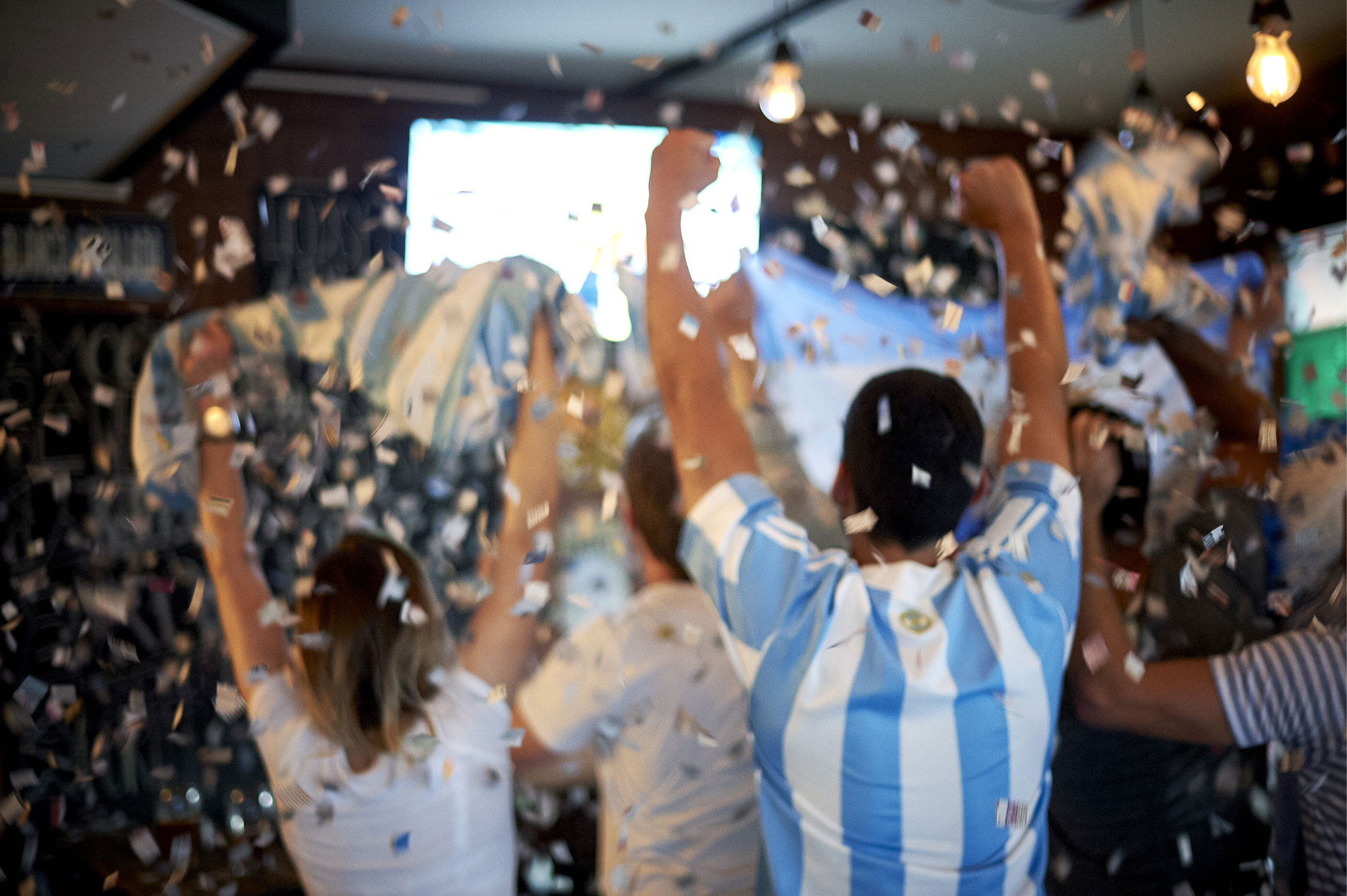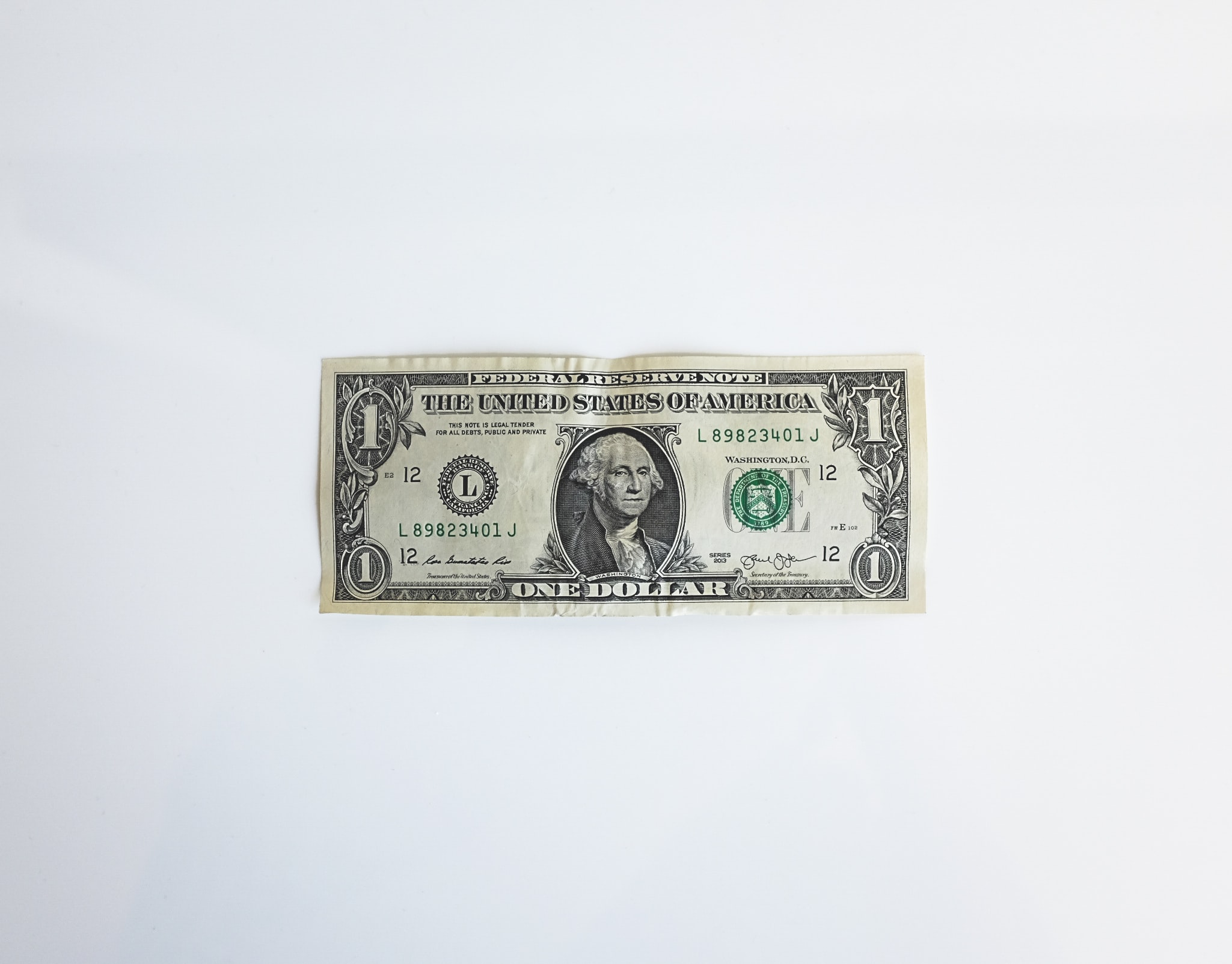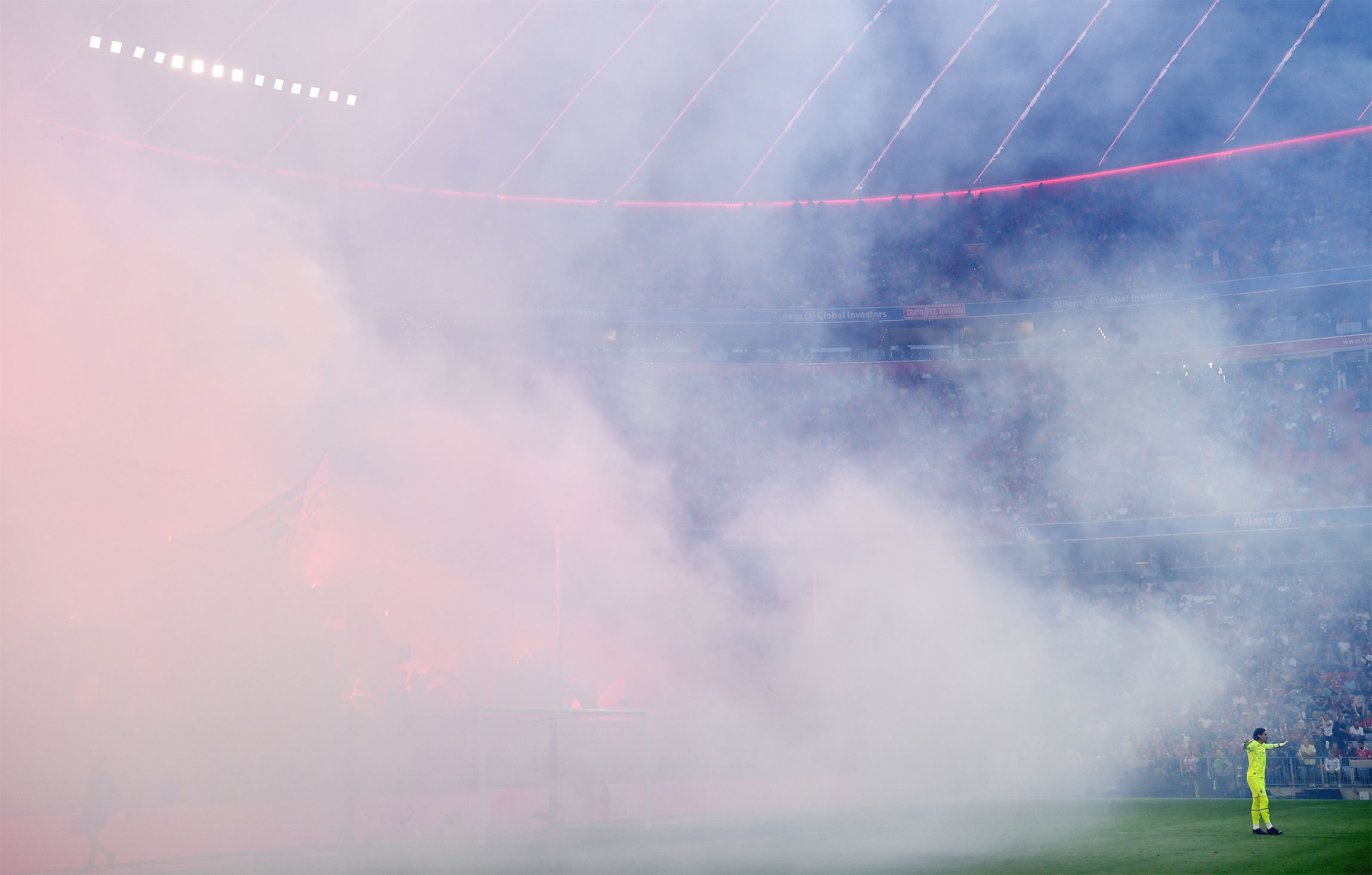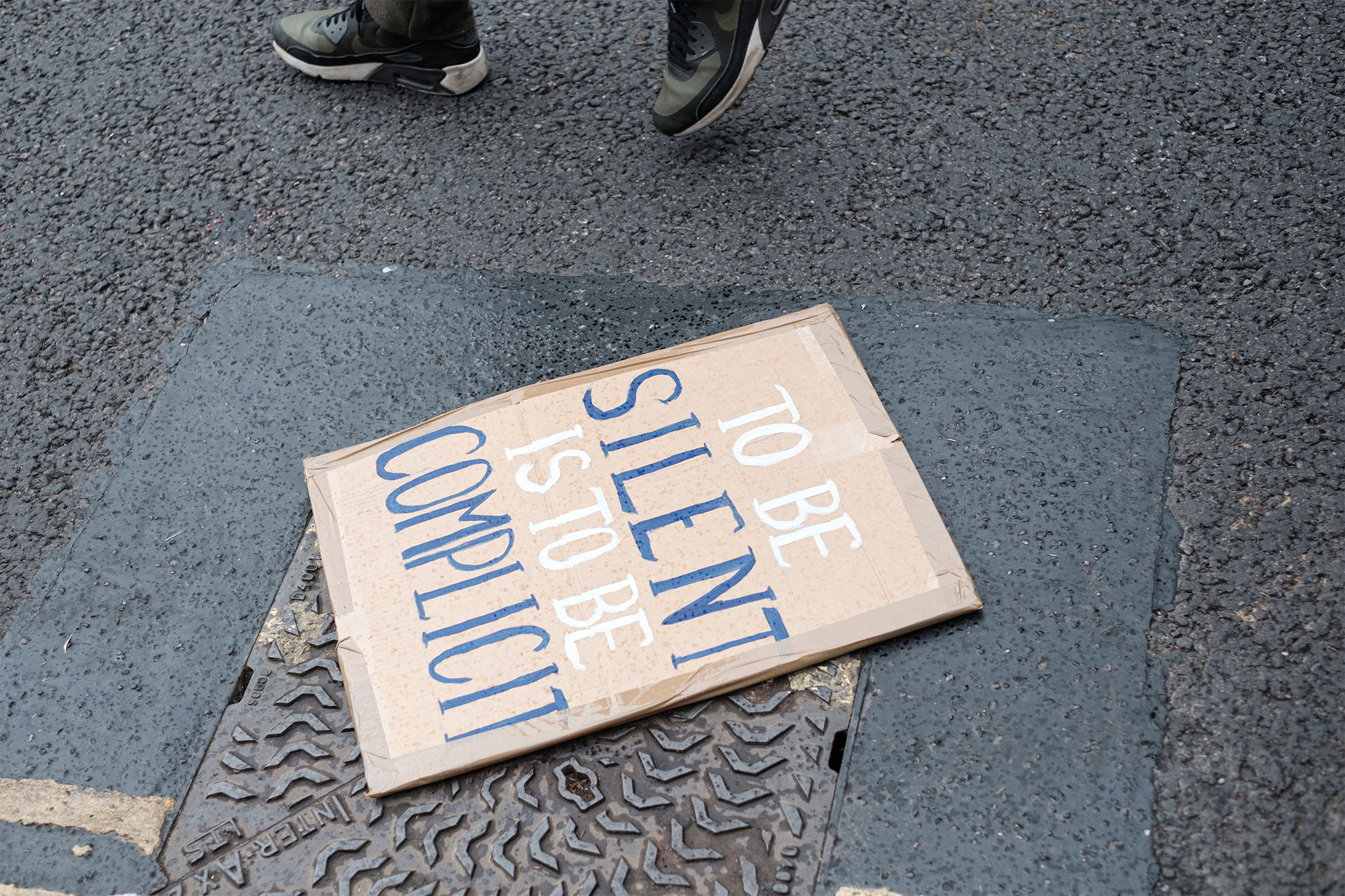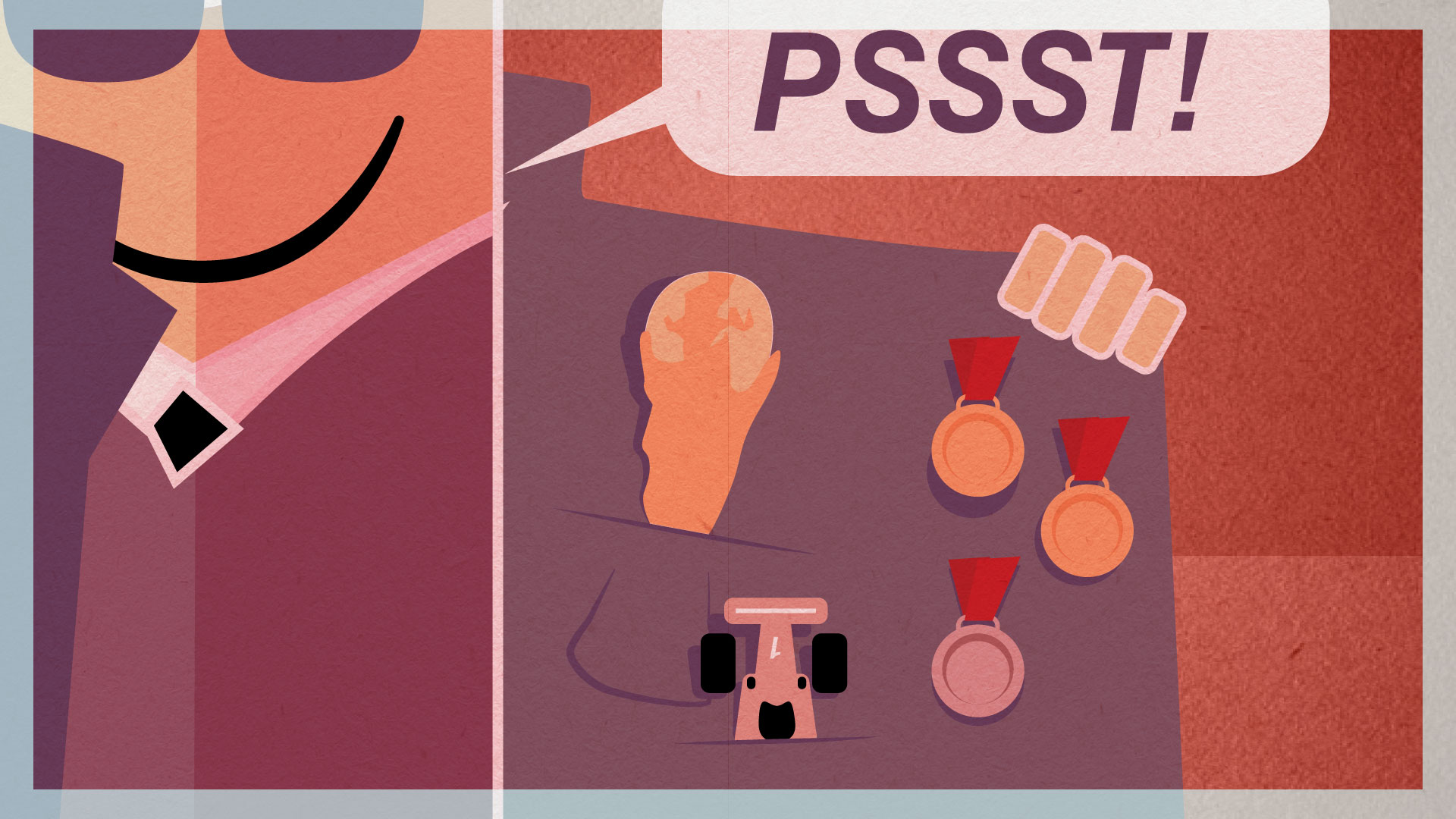
Bernd Reiter is Professor of Comparative Politics at Texas Tech University. Before joining academia, he was an NGO consultant in Brazil and Colombia. His work focuses on democracy and citizenship.
A selection of books:
- Decolonizing the Social Sciences and Humanities: An Anti-Elitism Manifesto. Routledge, London 2021
- Legal Duty and Upper Limits: How to Save our Democracy and Planet from the Rich. Anthem Press, 2020
- Constructing the Pluriverse. The Geopolitics of Knowledge. Duke University Press, 2018
- The Crisis of Liberal Democracy and the Path Ahead. Alternatives to Political Representation and Capitalism. Rowman & Littlefield International, London 2017
- Bridging Scholarship and Activism. Reflections from the Frontlines of Collaborative Research. Michigan State University Press, 2014
- The Dialectics of Citizenship.Exploring Privilege, Exclusion, and Racialization. Michigan State University Press, 2013

